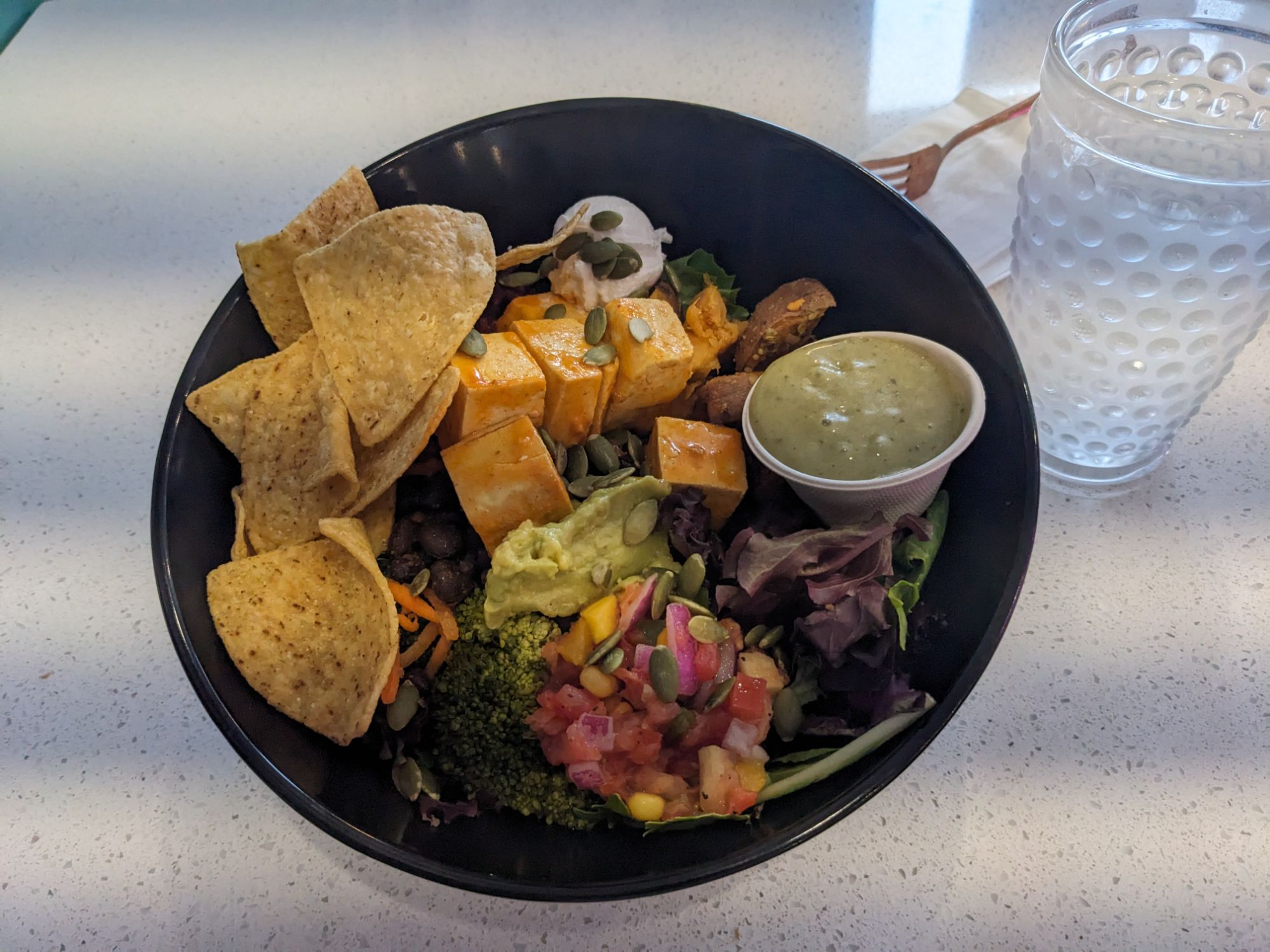Take a look at the controversial perspectives of travel icon Anthony Bourdain on veganism and why they missed the mark.

The Charismatic Storyteller with Strong Opinions
Anthony Bourdain was more than just a travel host; he was a cultural ambassador who brought the world into our living rooms. His charisma, wit, and unapologetically strong opinions made him a beloved figure among food and travel enthusiasts. Bourdain’s ability to connect with people from diverse backgrounds, sharing their stories and cuisines, was unparalleled.
However, his strong opinions often extended to controversial topics, including veganism. While his approach to food was deeply rooted in a respect for tradition and authenticity, it led him to dismiss veganism in a way that many found reductive and, frankly, outdated.
A Closer Look at Bourdain’s Critique of Veganism
Bourdain’s critique of veganism often stemmed from his belief that it lacked authenticity and cultural significance. He saw it as a movement disconnected from the rich, traditional culinary practices that he cherished. In his view, veganism was more of a lifestyle choice for the privileged rather than a meaningful dietary preference.
This perspective, however, overlooks the fact that many traditional diets around the world are predominantly plant-based due to cultural, economic, and environmental reasons. By dismissing veganism, Bourdain missed an opportunity to explore a broader narrative about food and culture.

The Moral Case for Veganism: Beyond Personal Preferences
Beyond the realm of personal preference, there is a compelling moral argument for veganism. The ethical considerations of eating animals encompass issues of animal welfare, environmental sustainability, and global food security. Factory farming practices, in particular, raise significant ethical concerns due to the inhumane treatment of animals.
Veganism advocates for a shift towards a more compassionate and ethical food system. By choosing plant-based foods, individuals can reduce their contribution to animal suffering and environmental degradation. This moral stance transcends personal dietary choices and calls for a collective effort to create a more just food system.
Debunking Myths: The Diversity and Flavor of Vegan Cuisine
One of the most pervasive myths about veganism is that it lacks flavor and diversity. This couldn’t be further from the truth. Vegan cuisine is incredibly varied, drawing from a rich tapestry of global culinary traditions. From spicy curries to hearty western European dishes, vegan food offers a world of flavors waiting to be explored.
In recent years, the rise of innovative plant-based cooking has further expanded the possibilities of vegan cuisine. Chefs and home cooks alike are discovering new ways to create delicious and satisfying meals without animal products. The notion that vegan food is bland or boring is a misconception that deserves to be debunked.

The Future of Food: Why Veganism is More than a Trend
As the world grapples with the challenges of climate change, resource depletion, and a growing population, the future of food is becoming increasingly important. Veganism offers a sustainable alternative that addresses many of these challenges. By reducing our reliance on animal agriculture, we can lower greenhouse gas emissions, conserve water, and reduce land use.
Moreover, the shift towards plant-based diets is not just a passing trend; it represents a fundamental change in how we think about food and its impact on the planet. As more people recognize the benefits of veganism, it has the potential to become a mainstream dietary choice, shaping the future of our global food system for the better.
Culinary Diversity: Vegan Cuisine’s Rich Tapestry
Contrary to Bourdain’s assertions, vegan cuisine offers a rich and diverse tapestry of flavors, ingredients, and culinary traditions. From the hearty plant based meals of modern American cuisine to the vibrant street foods of Southeast Asia, vegan dishes are celebrated worldwide for their complexity and depth of flavor.
Modern chefs and home cooks alike are pushing the boundaries of what vegan food can be. Plant-based alternatives to meat and dairy products have become increasingly sophisticated, offering textures and flavors that rival their animal-based counterparts. This culinary evolution demonstrates that veganism can coexist with and even enhance the global food landscape.
Reconciling Bourdain’s Love for Food with Modern Veganism
Anthony Bourdain’s love for food was rooted in its ability to bring people together and tell a story. While his critiques of veganism were often harsh, it’s worth considering how his passion for culinary exploration could align with modern veganism. The principles of respecting food traditions and celebrating culinary diversity are not at odds with vegan values.
In many ways, the rise of veganism represents a new chapter in the story of global cuisine. It challenges chefs and food lovers to innovate and expand their horizons. By embracing the ethical and environmental dimensions of food, modern veganism invites us to reimagine what it means to savor and celebrate the world’s flavors.


Leave a Reply